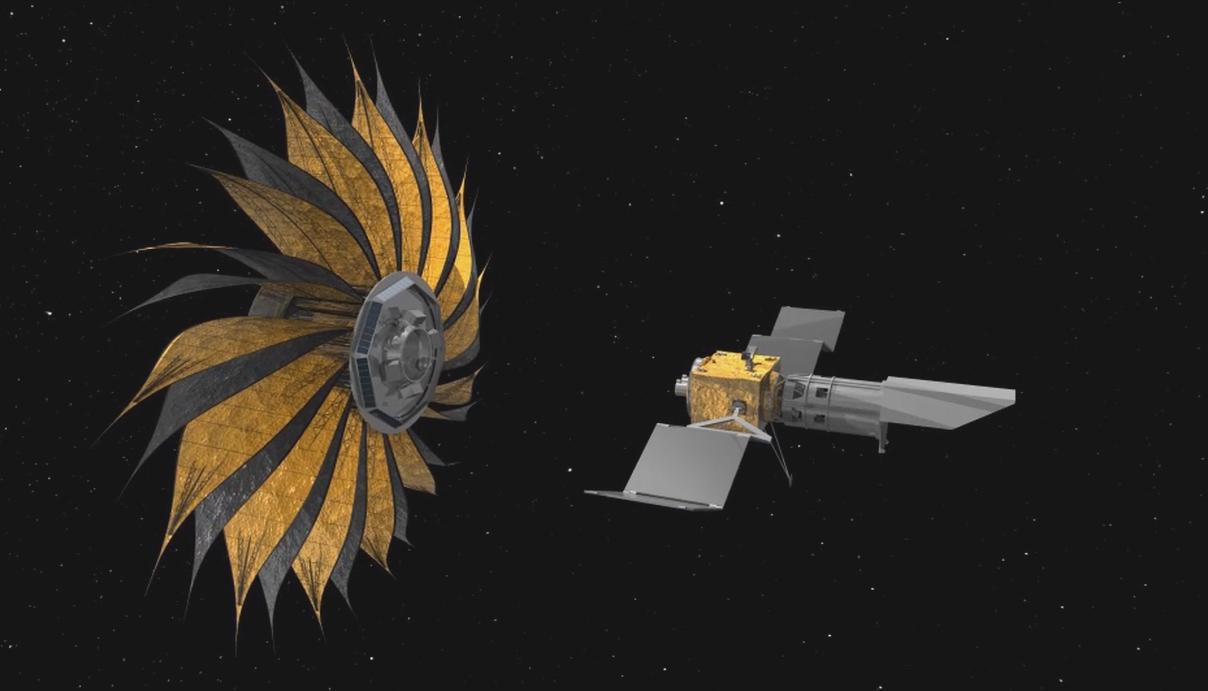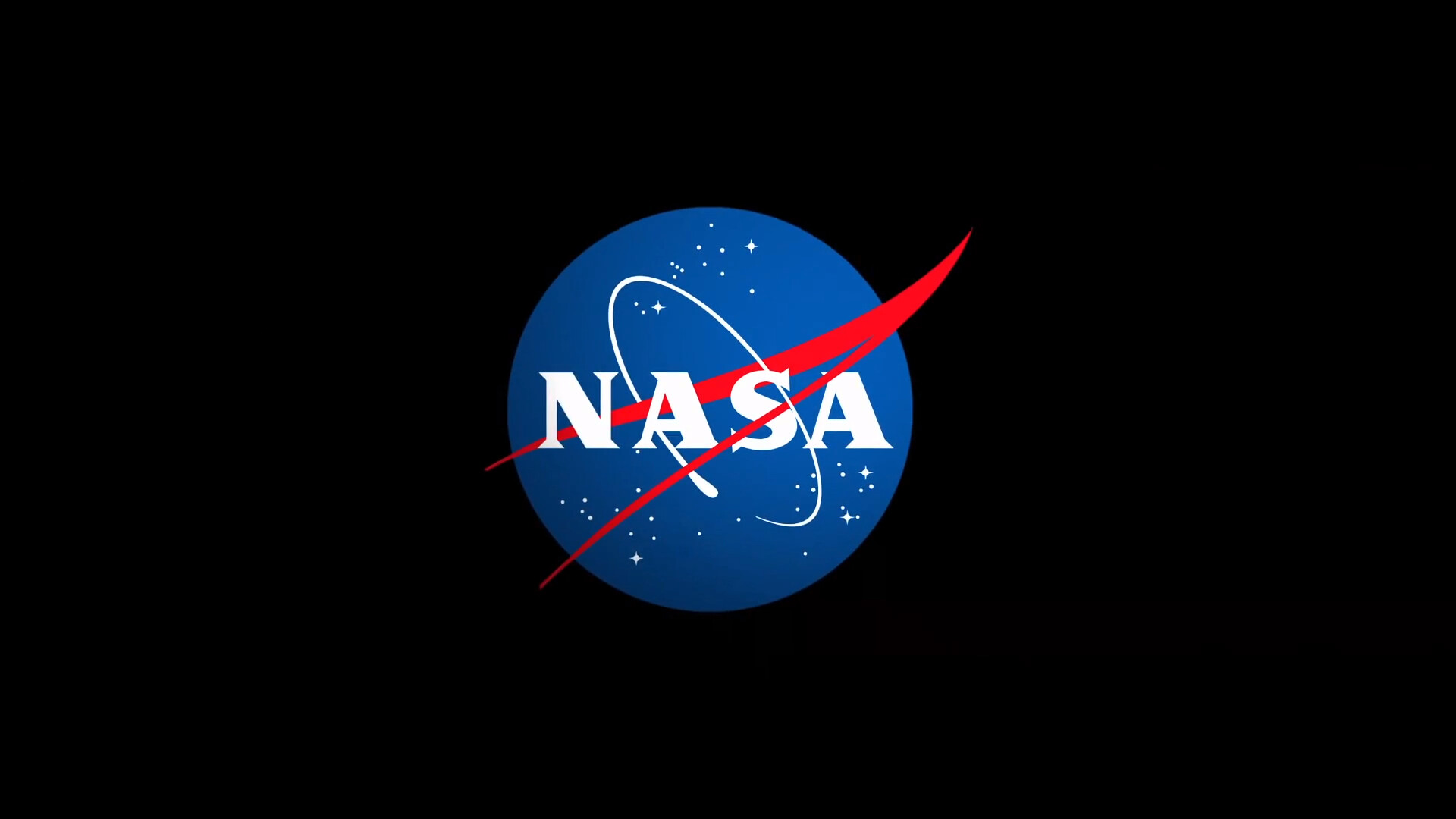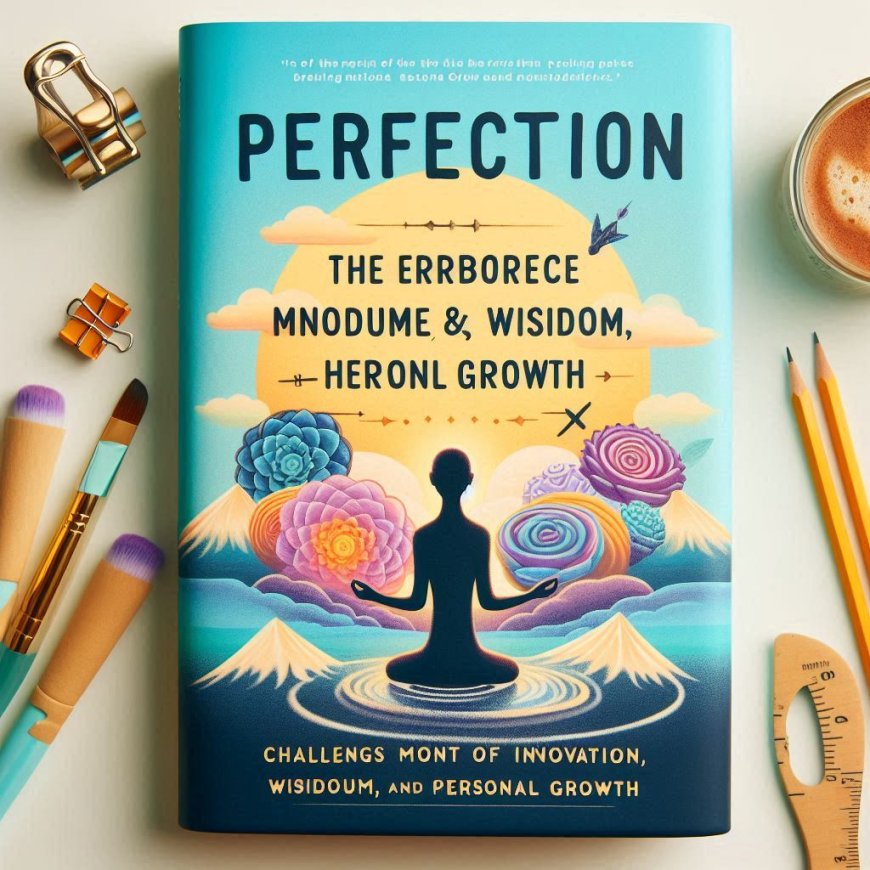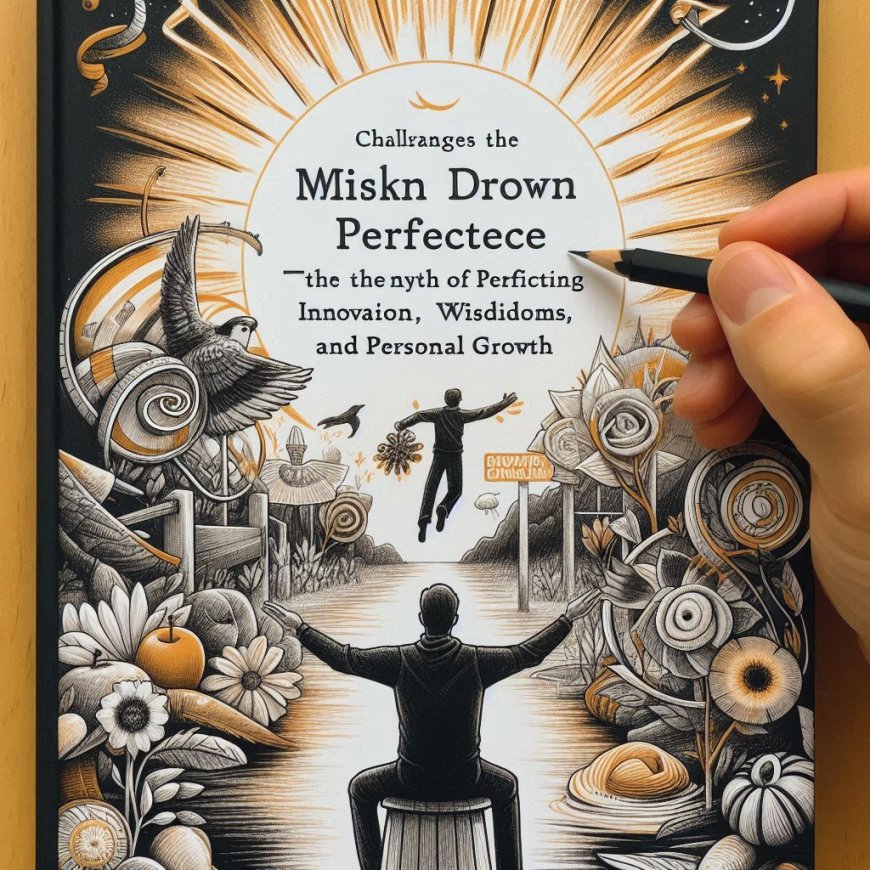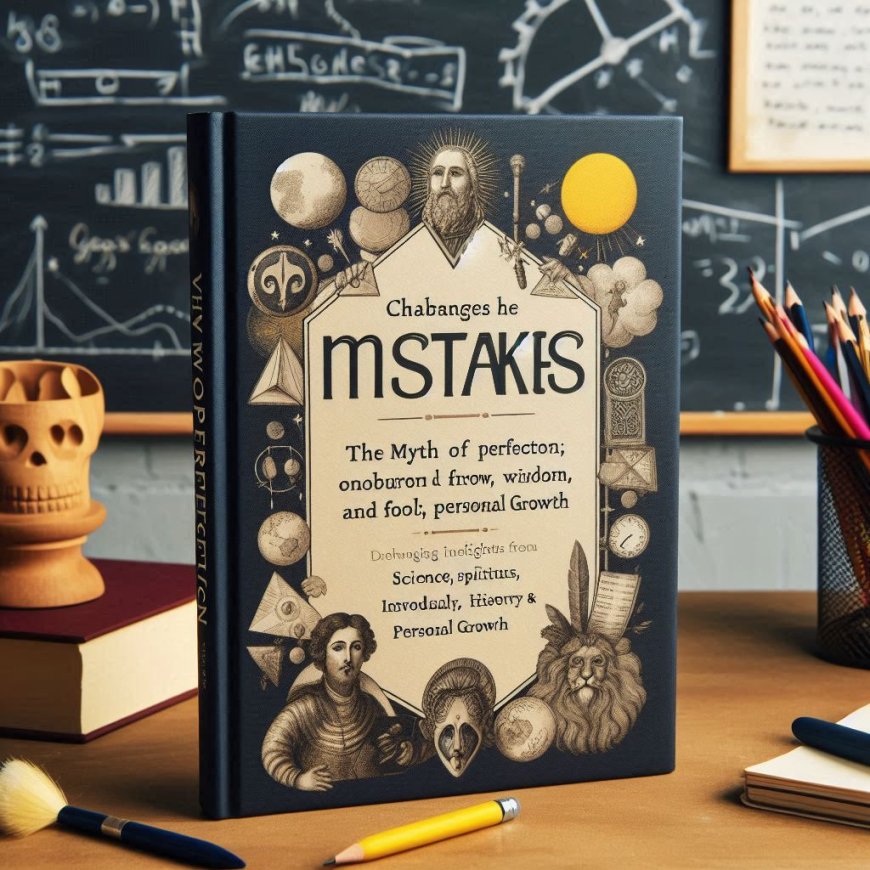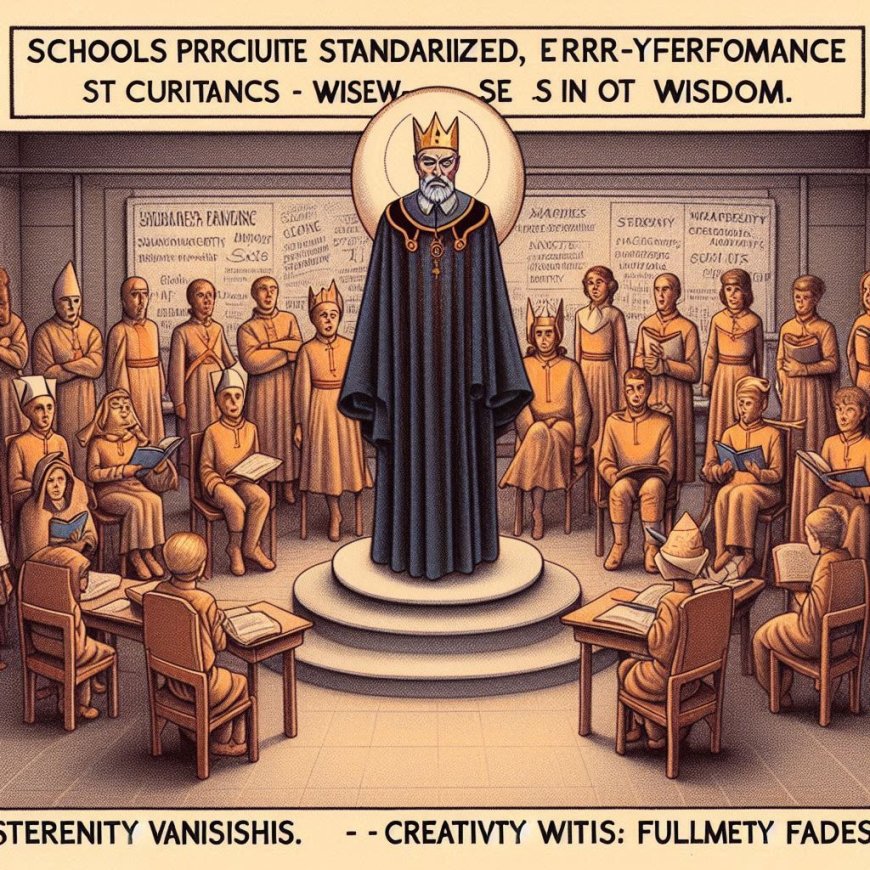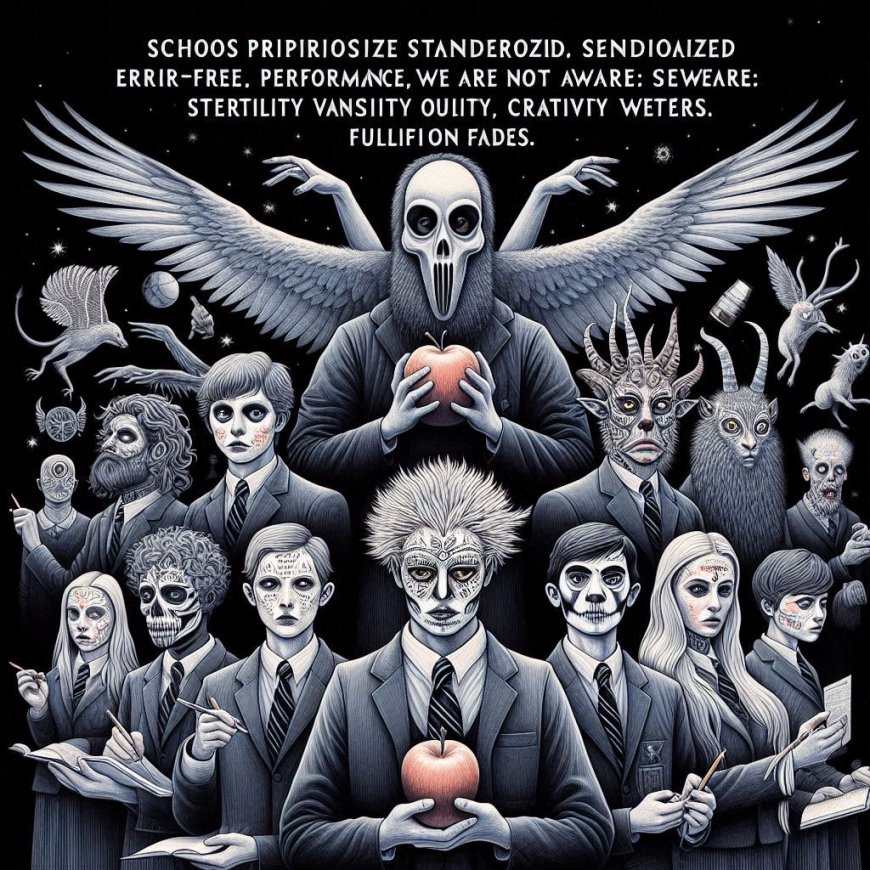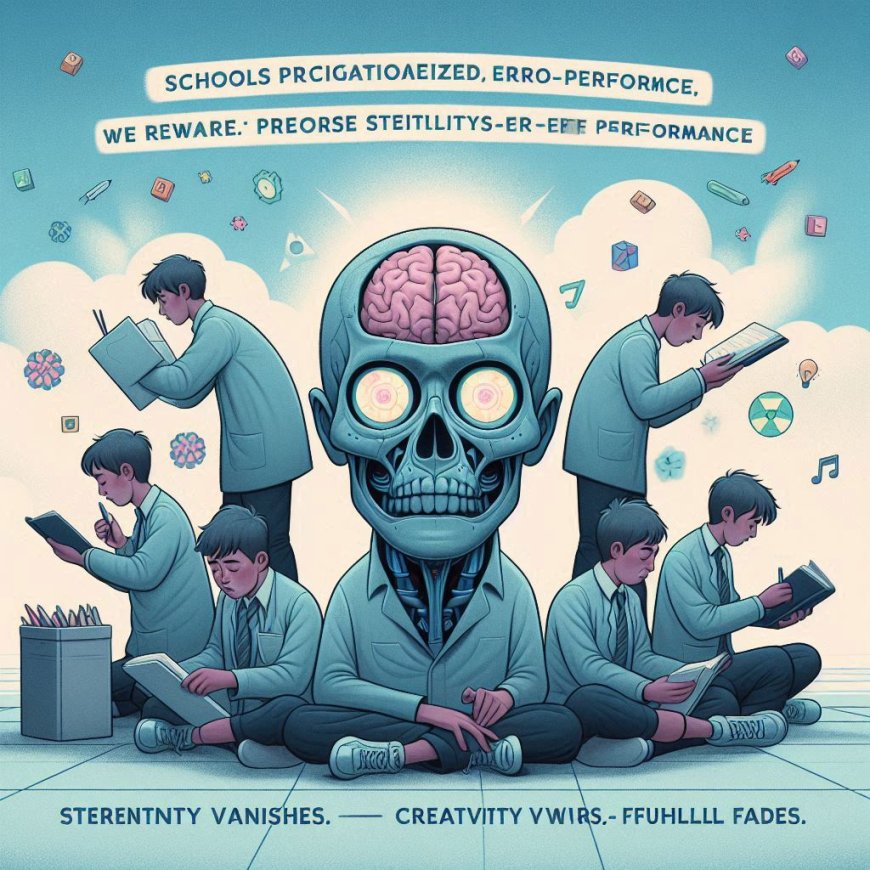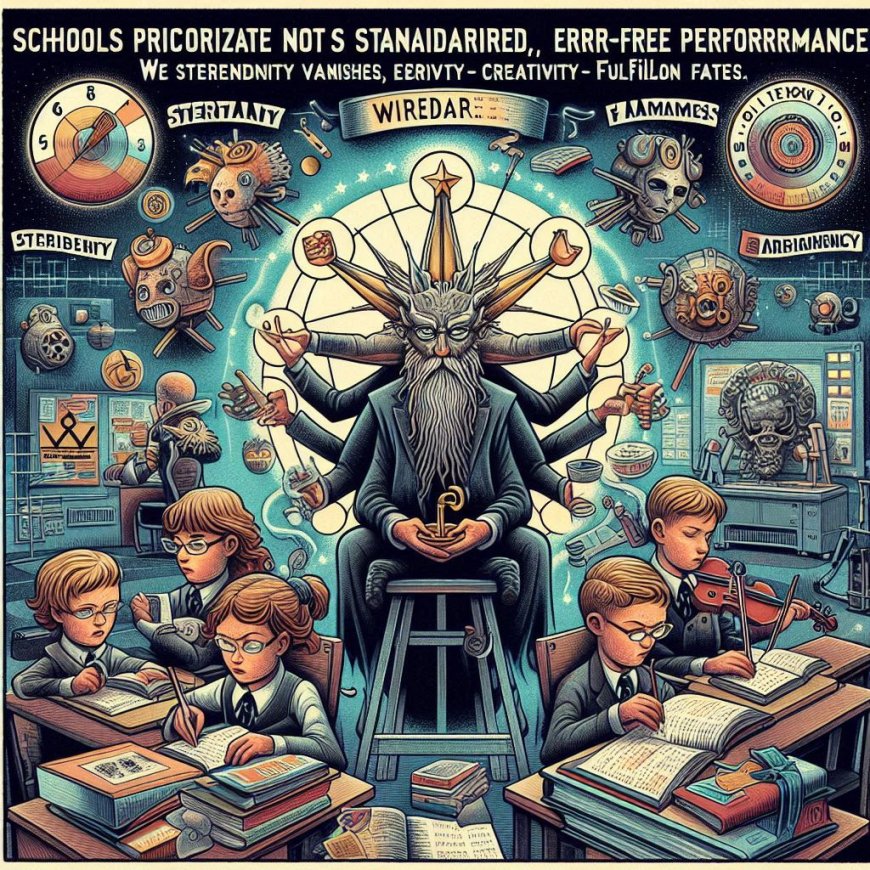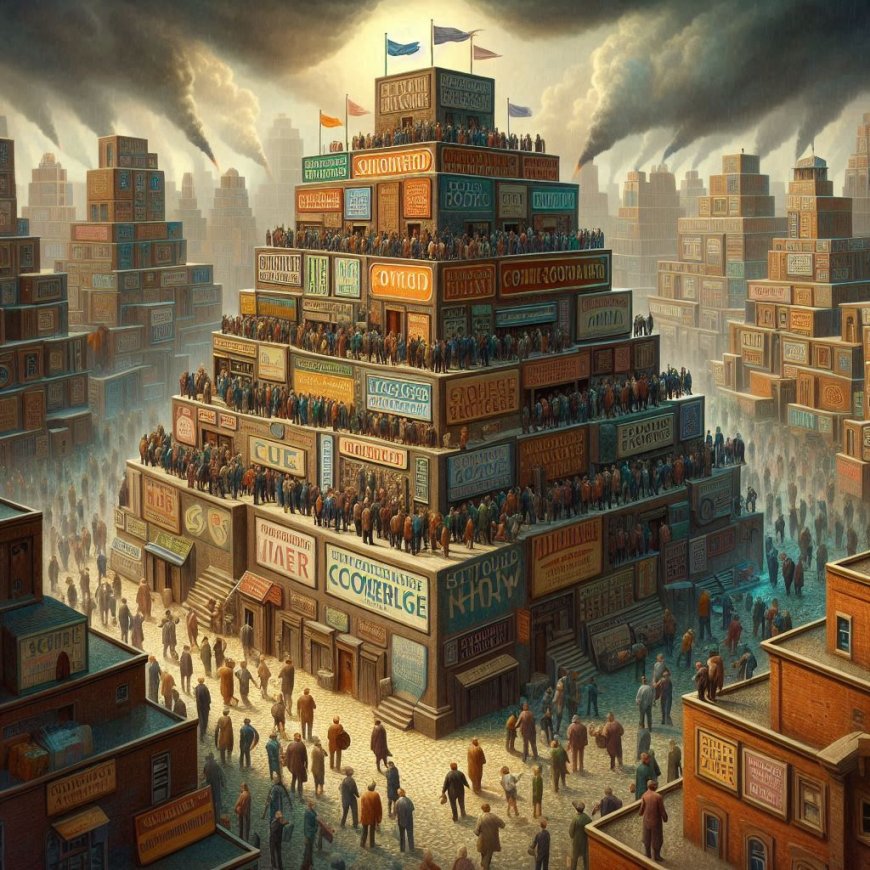Tired of Playing It Perfect? The Surprising Reason Mistakes Are the Shortcut to Real Confidence….
Discover why making mistakes isn’t failure—it’s the fast track to confidence, creativity, and growth in a perfection-obsessed world. This article challenges the myth of perfection, exploring how mistakes drive innovation, wisdom, and personal growth. Drawing on insights from science, spirituality, and history, it reveals why embracing errors is essential for building confidence and fostering progress.
What If We Never Made Mistakes? The Secret Engine of Human Progress
What If We Got It Right—Every Single Time?
Have you ever fantasized about a life without mistakes? No forgotten appointments, no typos, no questionable decisions or fumbled opportunities. Technology, education, and tradition all promise to make us brighter, sharper, and error-proof. But what if, in erasing our missteps, we accidentally pressed “pause” on what drives humanity forward? What would a world without mistakes look like—and would it be a world worth living in?
Let’s embark on a journey that blends scientific inquiry, philosophical reflection, and the spiritual wisdom of Sri Hari Narayana to answer a counterintuitive question:
Would eliminating mistakes bring us closer to perfection, or rob us of our deepest source of growth and meaning?
The Allure of a Flawless World
Imagine a society engineered for perfection. Every decision you make is correct. Every calculation, every assumption—spot on. Algorithms predict your wants and needs before you even realize them. No more regret, no backtracking, no “if only…” But would this be utopia or a carefully rendered mirage?
We often equate progress with the elimination of error:
- Students memorize, so mistakes on tests are less likely to occur.
- Businesses audit so every dollar is accounted for.
- Technology advances, rooting out human error one automated process at a time.
It feels empowering, but let’s pause and ask: Has the march toward perfection made people happier, more creative, or more fulfilled? Or, could it be that what we label as “mistakes” are the engine of our most valuable progress?
1. Mistakes: The Unexpected Seeds of Innovation
It’s easy to forget that some of history’s most significant breakthroughs were born out of accidents.
- Penicillin: Alexander Fleming returned from vacation to find mold “ruined” his bacterial cultures. Instead of discarding them, he noticed something miraculous—penicillin was dissolving the bacteria. A so-called blunder gave birth to the world’s first antibiotic, saving millions of lives.
- Post-it Notes: In 1968, Spencer Silver at 3M was trying to create a super-strong adhesive but failed, instead developing a weak, reusable glue. Years later, this “mistake” gave us the beloved office staple.
- Microwave Oven: Percy Spencer, working on radar technology, noticed that the candy bar in his pocket had melted—a failure in safety, perhaps, but the dawning of a new era in cooking.
If we had engineered away these “mistakes,” where would innovation stand? The truth is, Providence—call it fate, luck, or the mysterious hand of the universe—seems to use error as an invitation to curiosity, resilience, and discovery.
2. Knowledge and the Necessity of Uncertainty
- In Hinduism, the invocation of Sri Hari Narayana marks the beginning of any significant undertaking—intellectual, spiritual, or creative. Why? The utterance is a ritual, an act of tuning the mind to something higher and inviting Providence into the uncertainty of our pursuits.
- Traditional yagna (sacrifice) is performed not to guarantee perfect outcomes, but in homage to the unpredictable twists of the universe, as a way to thank and petition the divine for guidance amid life’s ambiguities.
Across cultures, knowledge is ritualized and acknowledged as a dynamic and evolving entity. It’s no accident that wisdom is often found in the acceptance of “not knowing.” The humility to accept, or even embrace, the unknown ensures our minds remain open to discovery.
3. The Dark Side of Perfection: When Knowledge Becomes Dogma
But what happens when our hunger for an error-free life becomes an obsession?
Stagnation in Pursuit of Consensus:
Societies that elevate consensus and conformity above all else—prioritizing “settled knowledge” and adherence to established norms—end up in intellectual gridlock.
- Think about the centuries-long belief that the sun revolved around the Earth. It took a few bold “mistakes”—heretical ideas, fiercely opposed—that shattered this dogma and launched the scientific revolution.
- When questioning stops, growth stops. When experimentation is shunned, the unknown is never explored.
Triviality of Accepted Knowledge:
Knowledge derived solely from acceptance, without testing the boundaries of belief, becomes trivial—an echo chamber. Spiritual and practical traditions across the world teach that real wisdom emerges not from passive acceptance but persistent engagement with uncertainty.
4. The Sacred Role of Error: Insights from Sri Hari Narayana
Sri Hari Narayana is not just a name, but a symbol of Providence and knowledge amidst uncertainty. His devotees understand him through the experiences of truth, adaptability, and an embrace of the immense mystery of existence.
- In the Brahma Rishi sankalpa (the resolve of the sages), knowledge is not simply accumulated—it is discovered in the hidden places, behind the literal words, shaped by ritual and contemplation.
- Rituals such as yagna recognize that error is woven into the fabric of human aspiration; they are not about controlling fate, but about harmonizing one’s intentions with the unpredictable play of the cosmos.
To invoke Sri Hari Narayana is to acknowledge the limitations of our understanding and to invite guidance, not so that we never make mistakes. Still, we can learn wisely from them.
5. The Paradox: Mistake-Free Living and the End of Growth
Imagine if perpetual mistakes were abolished.
- Would we learn to adapt, improvise, and overcome?
- Would we feel compelled to innovate, or risk stepping into unknown territory?
- Would art, science, and philosophy even exist?
Without error, every path is mapped, every answer predetermined. We might gain predictability, but we lose the soul of progress. The comfort of infallibility comes at the expense of curiosity—the very trait that built civilization in the first place.
As Silicon Valley dreams of AI-guided “perfection” and schools prioritize standardized, error-free performance, we must beware: Sterility is not wisdom.
- Serendipity vanishes.
- Creativity withers.
- Fulfillment fades.
What remains is a life without surprise, a knowledge without wonder.
6. Embracing Uncertainty: A Pathway to Meaning
None of this is to glorify failure for its own sake, or to suggest we shouldn’t strive for excellence. But meaningful progress-the kind that brings joy, connection, and insight—rarely comes from walking a straight, well-marked road. It’s the winding detours, the slip-ups, and even the heartbreaks that teach us what we could never have anticipated.
- When we ritualize inquiry—as in the invocation of Sri Hari Narayana—we remind ourselves of the sacredness in asking, “What don’t I know yet?”
- When we participate in the world’s great yagna—continually striving, failing, and trying again—we honor both the certainty of Providence and the wild, generative power of error.
Conclusion and Explore Further: Make Peace With Your Missteps
So, would progress grind to a halt in a world without mistakes? The answer is yes—because progress doesn’t emerge despite error, but because of it. Our flaws are not proof of personal failure, but evidence that we are engaged in the sacred dance of discovery.
The next time you falter, remember:
- Every “wrong turn” is a chance to see something new.
- Every “accident” is an invitation to creativity.
- Every ritual, prayer, or moment of doubt is a chance to harmonize yourself with the vast, unpredictable Providence guiding us all.
Don’t wish your errors away. Honor them as your most outstanding teachers.
Invoke your version of Sri Hari Narayana—the spirit of inquiry and humility—before your next big challenge. Today, choose to see mistakes as milestones on the path to wisdom.
Ready to embrace the productive power of your missteps?
Share your stories or questions in the comments below. Let’s reframe mistakes as the true architects of progress—together.
What's Your Reaction?
 Like
0
Like
0
 Dislike
0
Dislike
0
 Love
0
Love
0
 Funny
0
Funny
0
 Angry
0
Angry
0
 Sad
0
Sad
0
 Wow
0
Wow
0











































